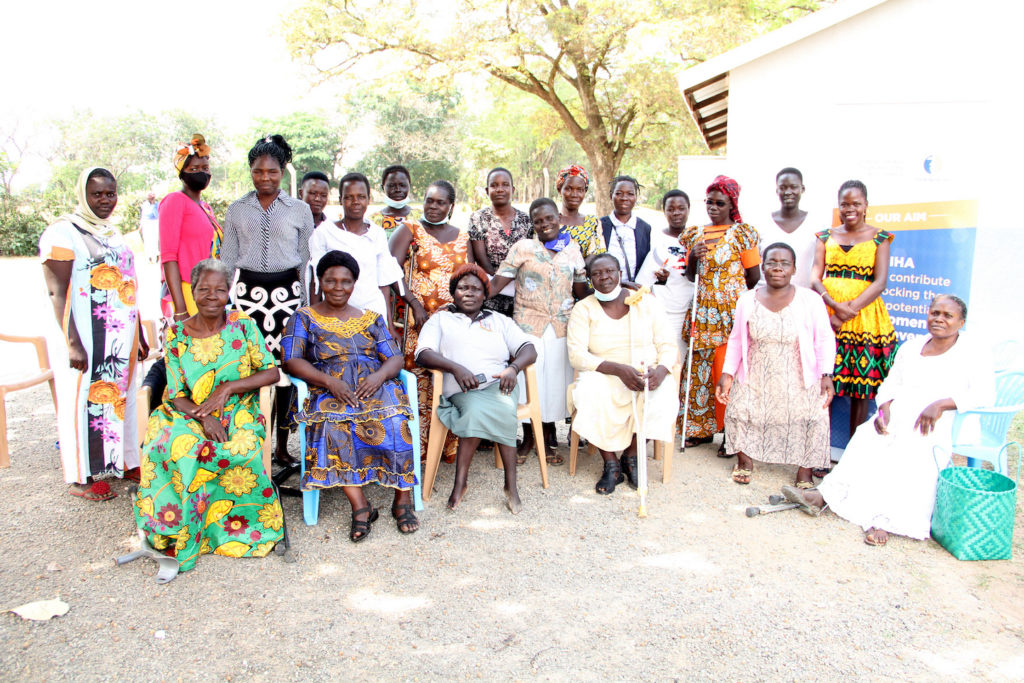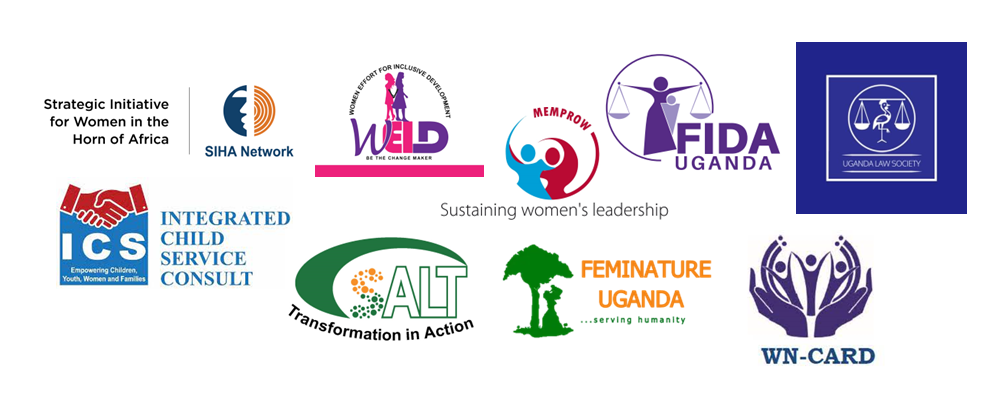
The following statement was read by a coalition of women with disabilities at a press conference held on the 19th of October 2022 in Arua city.
Sexual violence against women with disabilities encompasses both disability-based and gender-based violence across the globe. Violence against women with disabilities is one of the categories of violence that remains highly invisible and undocumented across the Greater Horn of Africa. A study published by the Journal of Environmental Research and Public Health, found that 64% of women living with disabilities in Uganda reported having experienced sexual, emotional or physical abuse by an intimate partner, and 35% of women living with disabilities in Uganda had experienced sexual violence.
SIHA has partnered with a number of grassroots organizations in Arua including WEID, FIDA Uganda, FEMINATURE, and Integrated Child Service to build an inclusive women’s rights movement that advocates for the rights of grassroots women in all our diversity. Twenty-five of us participated in a safe space conversation on the 29th of September 2022 facilitated by the Strategic Initiative for Women in the Horn of Africa (SIHA Network) and Women Effort for Inclusive Development (WEID). This space allowed us to shed light on the issues most pressing in our daily lives. Sexual harassment and violence in public spaces emerged during the discussion as one of the frequent forms of injustice that we, as women living with disabilities in Arua, face. Several noted that perpetrators often target visually impaired women, seeking to touch them inappropriately without consent, under the apparent impression that the visually impaired person will not be able to identify the perpetrator. One woman living with a visual impairment shared a concrete example of this pattern: “there is a man who likes disturbing me every day, the last time he touched my breast I grabbed his cap, but later I gave it back to him because people were saying I was enjoying it as well.” Her story also calls attention to the normalization of shifting blame off the perpetrator onto the person who was targeted by the harassment.
Another woman shared her insights on some of the key barriers that dissuade women with disabilities from reporting or even seeking health care: “when we report these cases of sexual violence, the questions asked do not give you the zeal to continue with the case, imagine asking me if I enjoyed the bad (inappropriate and nonconsensual) touches,” … “and [being asked] in the health facilities if a person with disability can have sex, this has made many women with disability forego antenatal services [which] they are entitled to.”
We as WEID, FEMMINATURE, SIHA NETWORK, Young Women CONNECT, Coalition of women market vendor’s cooperatives, Integrated Child Service (ICS), Social Action for Live Transformation (SALT), Women Council Arua, Amani initiative, West Nile Community Action for Rural Development (WNCARD), Mentoring and Empowerment Programme for Young Women (MEMPROW), Uganda Association of Women Lawyers (FIDA), and Uganda Law Society (ULS), recommend that the government of Uganda and other stakeholders:
- Involve persons with disabilities (women and girls in particular) in policy development and decision making, especially on issues that affect their welfare.
- Ensure that persons with disabilities are represented on different decision-making platforms.
- Improve awareness about the legal rights of women and girls with disabilities among civil society organizations, religious/local leaders and organizations for persons with disabilities, and build the capacity of these different actors to support and advocate for the rights of women living with disabilities.

